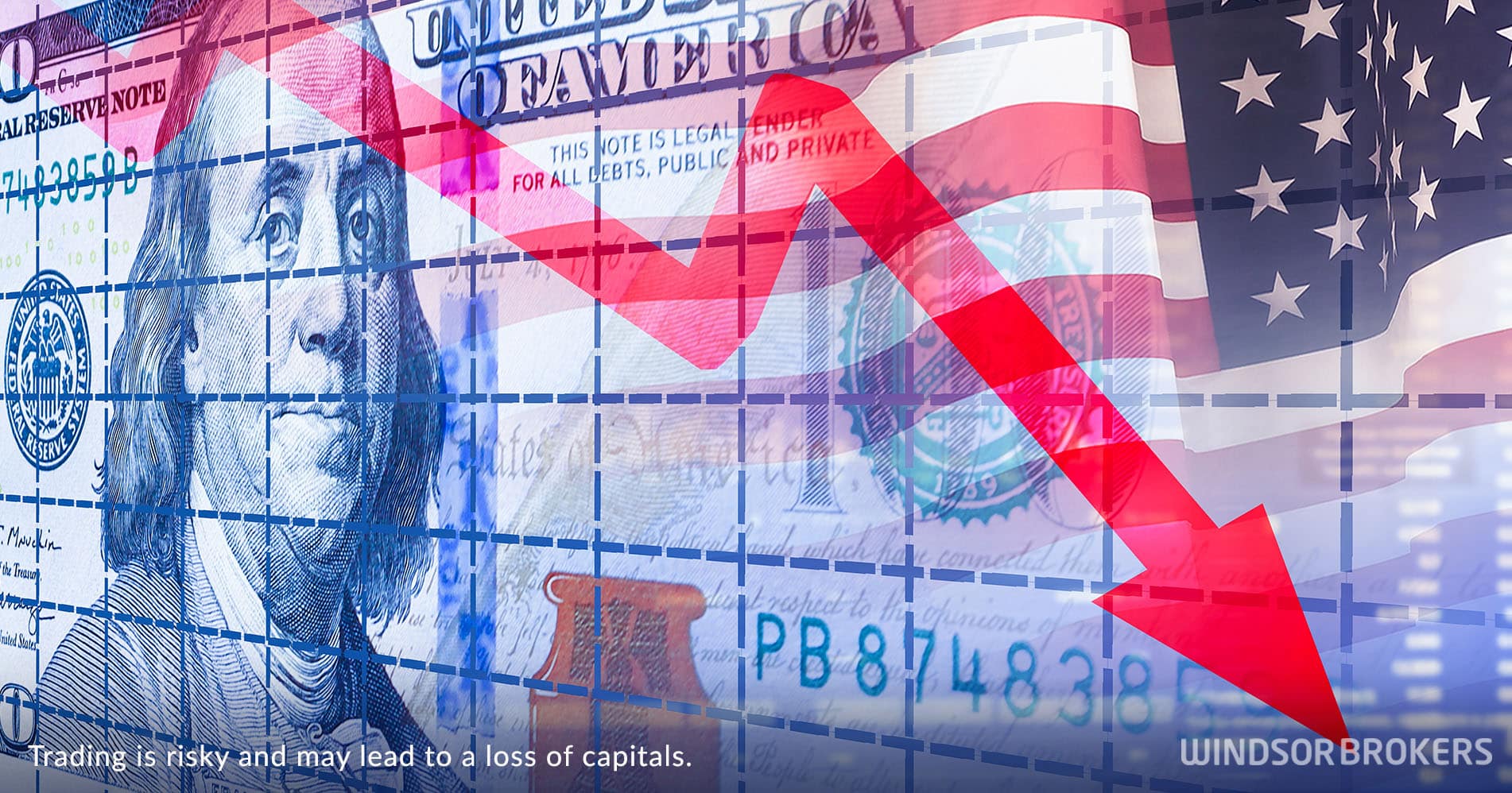US inflation falls below expectations in March, but risks to remain shifted to the upside
Inflation in the US fell by 0.1% month on month in March compared to 0.2% increase in February, while annualized CPI fell to 2.4% after rising 2.8% previous month and below 2.5% consensus.
Lower energy costs were among the main contributors to lower than expected CPI numbers in March.
So-called core inflation, which excludes the volatile food and energy components, was up 0.1% in March after climbing 0.2% in February and was down to 2.8% in the twelve months to March, following 3.1% increase in February, also beating forecasts for 3.0% rise.
Although US consumer prices dipped below expectations in March, inflationary pressures should persist after President Donald Trump’s latest decision to put the most of import tariffs on hold for ninety days, but to double down tariffs on imported Chinese goods, which sent strong warning of trade war escalation.
Lower than expected numbers in March are unlikely to provide stronger relief to the Federal Reserve, as minutes of the US central bank’s last meeting published on Wednesday, showed policymakers were nearly unanimous that the economy faced risks of higher inflation and slower economic growth.
Economists expect inflation to rise further this year and to peak at about 4%, double the Fed’s 2% target, with the biggest threat seen from the impact of higher tariffs.
However, they do not see big threats that higher gods prices will spill over to services, as softer conditions in the labor market would cap wages.
Markets expect the US central Bank to resume cutting interest rates in June after FOMC opted to hold rates in January meeting that will give enough time to policymakers to assess the economic impact of the policies of new US administration.


